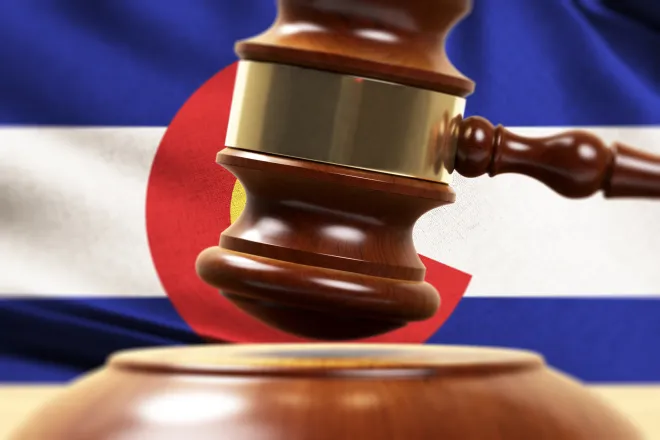
Vermont taking Monsanto to court over polychlorinated biphenyls contamination
(The Center Square) – Polychlorinated biphenyl contamination is the focus of a first-in-the-nation lawsuit in Vermont.
Vermont Attorney General Charity Clark is taking Monsanto to court for alleged school and environmental contamination. The suit is designed to protect Vermont’s natural resources and schools that have been affected by contamination from the chemicals.
Polychlorinated biphenyls, according to the Centers for Disease Control and Prevention, are mixtures of up to 209 individual chlorinated compounds, usually liquids or solids, that are colorless to light yellow and are used in coolants and lubricants in transformers, capacitors, and other electrical equipment, in paint, caulks, inks, dyes, paper products, and fireproofing.
“Monsanto manufactured, marketed, sold, and distributed PCBs while knowing that its products would cause significant, long-term damage in Vermont,” Clark said in a statement. “This lawsuit seeks to hold Monsanto accountable for knowingly misleading the public about the harmful impacts of its products. The cost of cleaning up after Monsanto’s deception will be considerable and should be borne by the multibillion-dollar company that profited from the misconduct, not by Vermont taxpayers.”
According to a release, the suit, State of Vermont v. Monsanto Co., Solutia Inc., and Pharmacia LLC, says Monsanto knew the formulations were “highly toxic” and “would inevitably produce the contamination and human health risks that have occurred. Vermont is seeking recovery of those contaminants in schools across the state.
According to the complaint, the company manufactured, marketed, and sold the toxic and dangerous compounds from 1929 to 1977. Through that period, Monsanto produced 99 percent, or more, of the chemicals used or sold across the country. The suit says the company knew “with substantial certainty” that the chemicals harmed the environment and human health.
Even though the chemicals were banned in the 1970s, the chemicals remain in and continue circulating in state waters and other natural resources, according to a release.
Act 74 was passed by the General Assembly in 2021, calling for all schools built or renovated before 1980 to test air quality for chemicals. Testing began in 2022 and is anticipated to be completed by July 2025 via the Agency of Natural Resources' Department of Environmental Conservation.
“In our role as stewards of Vermont’s natural environment, we are committed to the remediation of toxic and dangerous PCBs distributed by Monsanto in Vermont and to the protection of our natural resources,” Department of Environmental Conservation Commissioner John Beling said in a statement. “Through the work of the Attorney General’s Office, we hope to secure the necessary resources for comprehensive cleanup and prevention efforts that will benefit both present and future generations as well as compensation for damages to Vermont’s precious natural resources.”

















